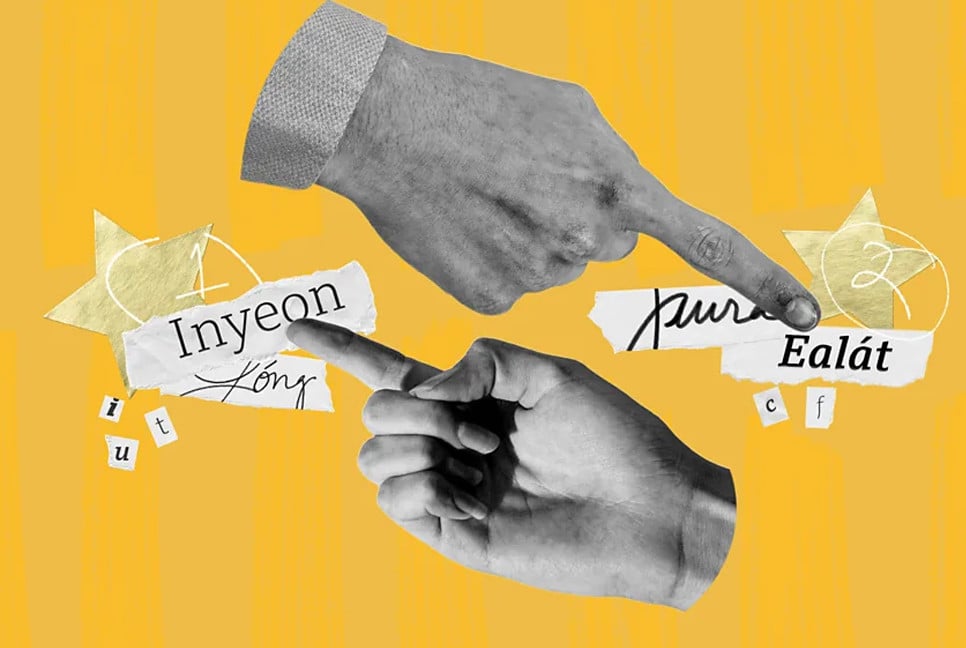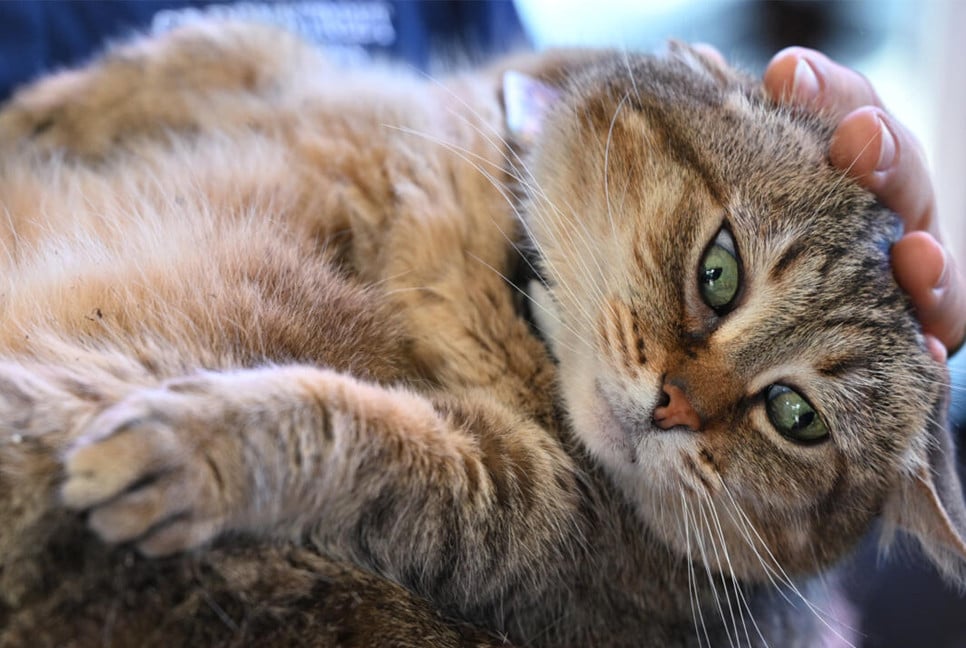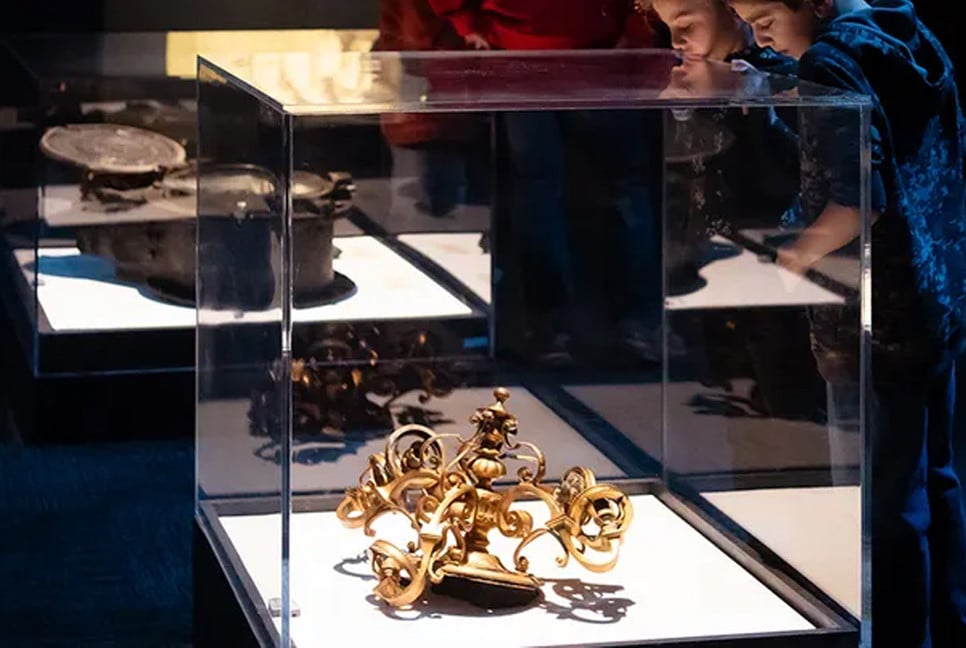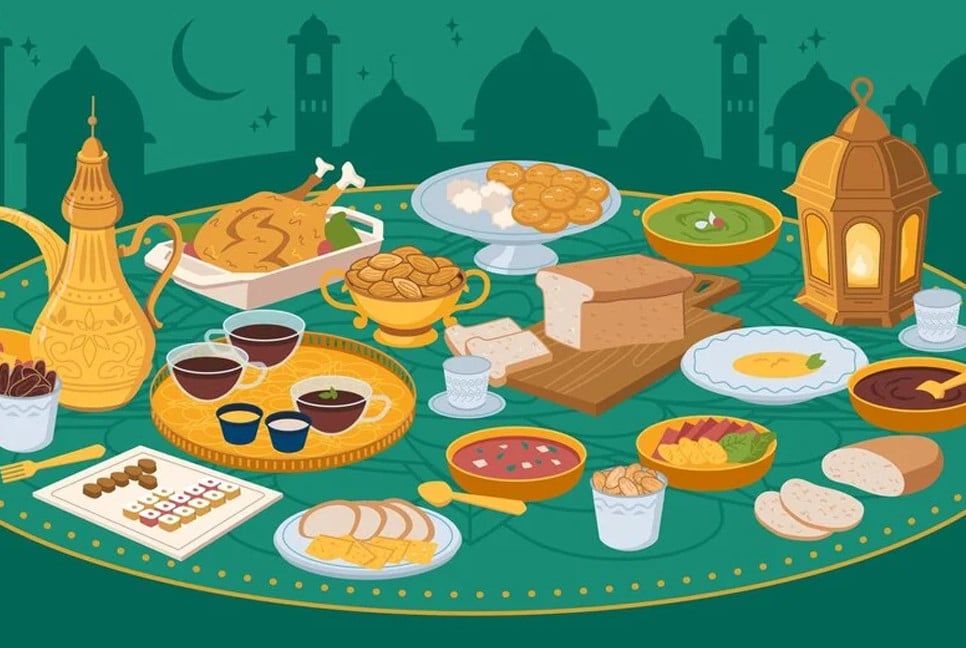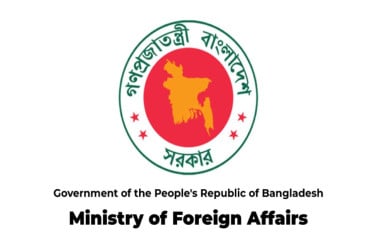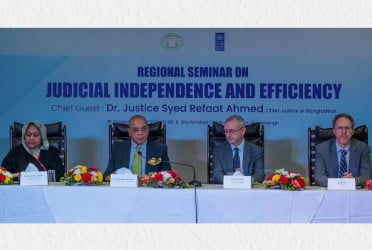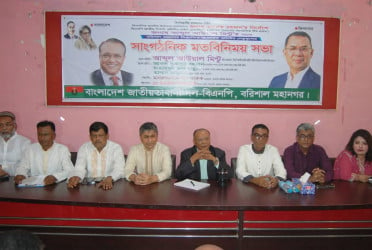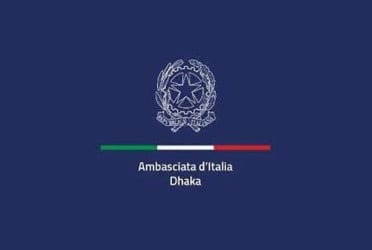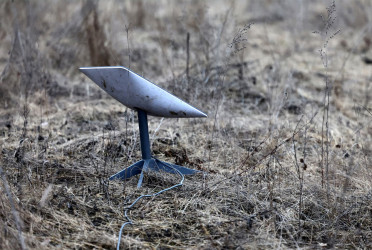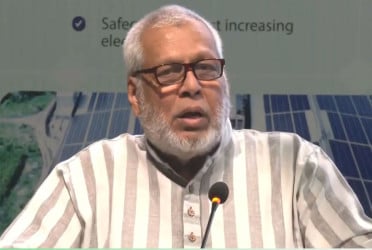Here are some fascinating words and phrases the BBC discovered in 2024, shedding light on cultural and environmental changes. From reindeer searching for food in the Arctic to new expressions of climate change, we explored how language reveals the world around us. We uncovered secret languages invented by twins, ancient scripts from trade routes, and unique Amish words for subtle food cravings. Researchers in Antarctica even created their own slang during isolation. While thousands of languages are at risk, learning and preserving them can help keep these rich cultures alive for future generations.
Ausgeapert (Alpine German)
An old word used in parts of the German-speaking Alps describes bodies or ancient objects uncovered by melting ice. As global warming causes glaciers to shrink, the term is now also used to talk about how the retreating ice is revealing lost things in the mountains, changing our understanding of history in the Alps.
Cůme či'k t'ê? (Sarkese)
Meaning, "how are you?", this phrase comes from a language on the island of Sark, a British Crown Dependency located close to the French coast. Sarkese only has three native speakers left. It is an old variety of the Norman language, which itself developed when Norse Vikings settled in what is now Normandy in France and their language merged with that of the local population.
Ealát (North Sami)
An near-untranslatable word used by North Sami reindeer herders in the Arctic, referring to favourable conditions that allow reindeer to dig for nutritious lichen under the snow.
North Sami and other Sami languages are intricately tied to the way of life of the Sami indigenous people in Norway, Sweden, Finland and Russia. For example, there are more than 300 Sami words for snow, and many words for different kinds of reindeer (including several specifically for "frightened reindeer"). But the language is changing, as some ancient weather-, wildlife- and snow-related words are no longer relevant in the rapidly changing Arctic climate.
Firkle (Antarctic Research Base English)
A word used by Antarctic researchers, meaning, to sort through something or mess around. Isolated for six months, scientists at the remote the Rothera Research Station on Antarctica's Adelaide Island developed their own accent and slang. Studying these changes helped linguists gain new insights into how human languages and speech patterns evolve. On a grand scale, it also provides clues about how varieties such as British and American English diverged.
"We wanted to replicate, as closely as we could, what happened when the Mayflower went to North America and the people on board were isolated for a length of time," says Jonathan Harrington, professor of phonetics and speech processing at Ludwig-Maximillians-University of Munich. "Six months isn't very long, so we saw very, very small changes. But we found some of the vowels had shifted."
Gluschdich (Pennsylvania Dutch)
A word meaning, "I am not hungry but I feel like eating!". Pennsylvania Dutch is a Germanic language that emerged among settlers in the US in the 18th Century and is now mostly used by the Amish and Mennonite religious groups. Despite being so culturally specific, it's also tied to the origins of a well-loved, widely spread American holiday: Groundhog Day, called "Grundsaudaag" in Pennsylvania Dutch. Due to the fast growth of the Amish population, the language is actually thriving and growing.
"As a linguist and language enthusiast, I love all languages. But there is something special about the language of my heritage, the one spoken to me when I was a child," says Rose Fisher, a PhD candidate in German linguistics and language science at the Pennsylvania State University, who grew up in the Amish community in Lancaster County, Pennsylvania. Though she now lives in an English-speaking environment, she adds: "I love to hear Pennsylvania Dutch being spoken around me and hope that someday I will be around it more, and more comfortable speaking it again. For me, it means I am home." She especially likes using words from her home language that just don't quite exist in English – like "gluschdich".
Gwaan (Jamaican Patwa)
An expression of jubilation. Jamaican Patwa, also known as Patois or Creole, emerged in Jamaica in the 17th Century as a blend of dialects of English and various African languages. Today, it is also spoken in Jamaican diaspora communities around the world – and younger people are reclaiming it with pride.
"There's joy and excitement when a Creole speaker meets another. They go into this unique space of mutual understanding," says Shawna-Kay Tucker, assistant professor of applied linguistics at the University of Toronto, Canada. Young speakers are also mixing Patwa with other linguistic influences from around the world, adding to its development at hyper speed.
Inyeon (Korean)
A nuanced word with several meanings, including a kind of predestined relationship. The word takes centre stage in Celine Song's Oscar-nominated film Past Lives. As one of the characters says: "It means providence or… fate. But it's specifically about relationships between people. I think it comes from Buddhism and reincarnation. It's an inyeon if two strangers even walk by each other on the street and their clothes accidentally brush. Because it means there must have been something between them in their past lives."
Kalo theke aalo (Bengali)
A phrase coined to refer to a just transition towards renewable energy – it literally means, "from darkness to hope". Words related to climate change and the quest to cut emissions can be very hard to translate, as they can often be abstract or metaphorical. But specialised translators are finding creative ways to come up with meaningful terms and help negotiators and communities take action to fight global warming.
Lóng juǎn fēng (Mandarin)
It means tornado, literally translated as "swirling-dragon wind.". Mythical dragons in different cultures, and the words and sayings around them, reveal how humans around the world have grappled with the natural world, wildlife and awe-inspiring natural phenomena – and made sense of their own place in the universe.
Pura vida (Costa Rican Spanish)
Meaning "pure life" literally, it refers to a sense of optimism and a uniquely positive attitude towards life. "It's absolutely part of the Costa Rican ethos and identity," says Víctor Sánchez, linguistics professor at the University of Costa Rica. Its meaning has evolved over time, and can convey a sense of gratitude, that even if you are facing difficulties, you are still alive and can look on the bright side of things.
Source:BBC
Bd-pratidin English/ Afia

